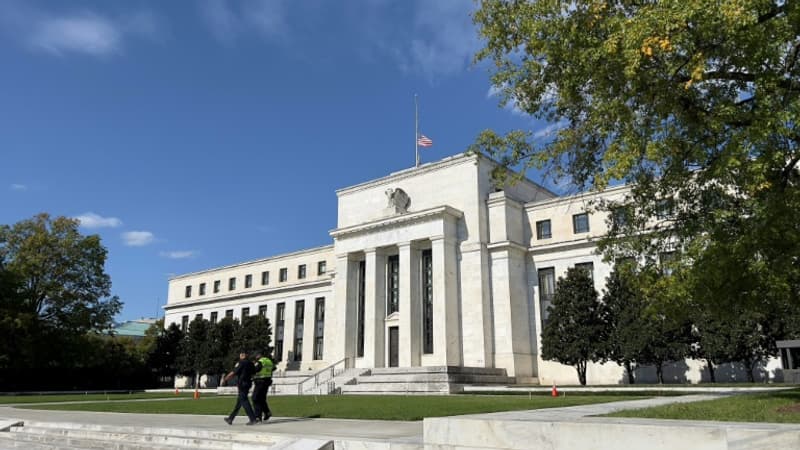“Given the overall industry environment, a bank consolidation in the US is likely,” Janet Yellen recently stated. This consolidation, the Secretary of State for Finance does not want. The diversity of the banking system is a strength and no one can wish to see systemic “too big to fail” banks become even stronger. Banks that only massive central bank interventions can save.
However, Janet Yellen acknowledges that a higher rate environment cannot fail to create difficulties for small and medium-sized banks in their current state, so restructurings, while undesirable, seem inevitable to her. And when it comes to risks, Janet Yellen believes that stress tests of the largest banks have shown that they have sufficient funds to weather potential shocks. “My overall feeling is that the level of capital and liquidity in the banking system is strong and that even if the going is tough, banks should be able to withstand the pressure.”
Banks constantly on life support
Some commentators have not ceased to be surprised by the wait-and-see attitude and lack of willfulness that emerges from these comments. While a few days later, in a very important, if largely unnoticed, communication, Agustín Carstens, managing director of the Bank for International Settlements (BIS) – often referred to as the “central bank of central banks” – was at the International Banking Summit in the European Banking Federation a completely different discourse.
Although in recent months the central banks of several countries have had to intervene again by providing liquidity to restore confidence and avoid contagion in the face of various banking stresses, the observation of Agustín Carstens is implacable: the regulation of the current international banking system known as “Basel III” (by the name of the city where the BRI is based), launched in an accelerated manner after the 2008 crisis, has failed.
In fact, the Basel III reforms were intended to ensure that banks maintain sufficient liquidity and remain well capitalized at all times. And, if systemically important institutions failed, well-planned resolution procedures were supposed to prevent spillover effects on other institutions. But what have we seen? Since 2010 and practically until today, banks live almost and constantly from the injection of liquidity from their central bank and they take most of their profits! A situation that, according to Agustín Carstens, finds its main cause in the inability of bank directors and managers to fulfill their responsibilities. Their business models are flawed, says the BIS chief executive, their risk management procedures woefully inadequate and their governance weak.
Two very different speeches. On the side of the United States Treasury, a non-interventionist position that, as we recently underlined in these columns, remains a principle in the United States. Bank supervision should not replace bank management and, therefore, act on its management or its transformation. Ultimately, you don’t even have to avoid bank failures.
The situation is different in Europe where, according to Agustín Carstens, many of the deficiencies that banks present today could and should, in his opinion, have been identified and corrected a long time ago. This represents a completely different view of bank supervision, which must identify weaknesses at an early stage and act vigorously to ensure that banks fix them. To do this, supervisors will have to have operational independence, reinforce their culture of the future and adopt a more intrusive attitude, so do not hesitate to say the BIS from now on.
We are, then, at a turning point. With central banks now supporting bank activity almost directly, the line between supervision and intervention can only seem tenuous. Regulators cannot find themselves, as when listening to Janet Yellen’s speech, simply taking note of a development they deplore and which they believe is likely to increase risks.
Between supervision and regulation, surveillance and influence, the role of central banks has always been balanced; think in particular of the credit control exercised by the Banque de France for decades. However, it was extremely rare for central banks to interfere in the governance of institutions and were in a position to “take control” if necessary. What Agustín Carstens is asking for and that, over time, will completely change the role and status of banks.
Source: BFM TV


